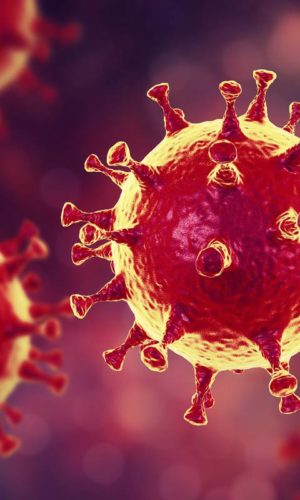How Plants Became Cardiology’s Most Powerful Medicine in Indonesia
Author(s): Dasaad Mulijono
Seven years ago, at Bethsaida Hospital in Indonesia, Professor Dasaad Mulijono pioneered the integration of a plant-based diet (PBD) into routine cardiac care—a paradigm shift that has dramatically improved outcomes for patients with chronic and cardiovascular diseases. By synergizing conventional medical therapies with intensive nutritional education and sustainable lifestyle interventions, we have witnessed clinical recoveries that were once deemed improbable.
Patients have experienced remarkable reversals of hypertension, insulinindependent glycaemic control in diabetes, normalization of renal function, and substantial improvements in heart failure symptoms and ejection fraction. Atherosclerotic plaque regression is frequently observed in follow-up CT coronary angiography (CTCA) and coronary angiography. As a breakthrough achievement, our restenosis rates following drug-coated balloon (DCB) therapy are remarkably low, around 2%, compared to the 10–20% typically reported in conventional centers. Sustained weight normalization is routinely achieved, and even complex conditions such as autoimmune disorders and early-stage malignancies have shown signs of stabilization or improvement under this holistic approach.
This article presents our real-world clinical outcomes, elucidates the underlying mechanisms driving these transformations, and addresses the prevailing scepticism within the medical community. We also explore the emerging role of artificial intelligence (AI) in tailoring nutritional interventions and enhancing patient engagement. Our intention is not to seek acclaim but to inspire broader adoption of this evidence-based, patient-centered model of care—one that is not only effective but also profoundly transformative.


 Impact Factor: * 5.6
Impact Factor: * 5.6 Acceptance Rate: 74.36%
Acceptance Rate: 74.36%  Time to first decision: 10.4 days
Time to first decision: 10.4 days  Time from article received to acceptance: 2-3 weeks
Time from article received to acceptance: 2-3 weeks 